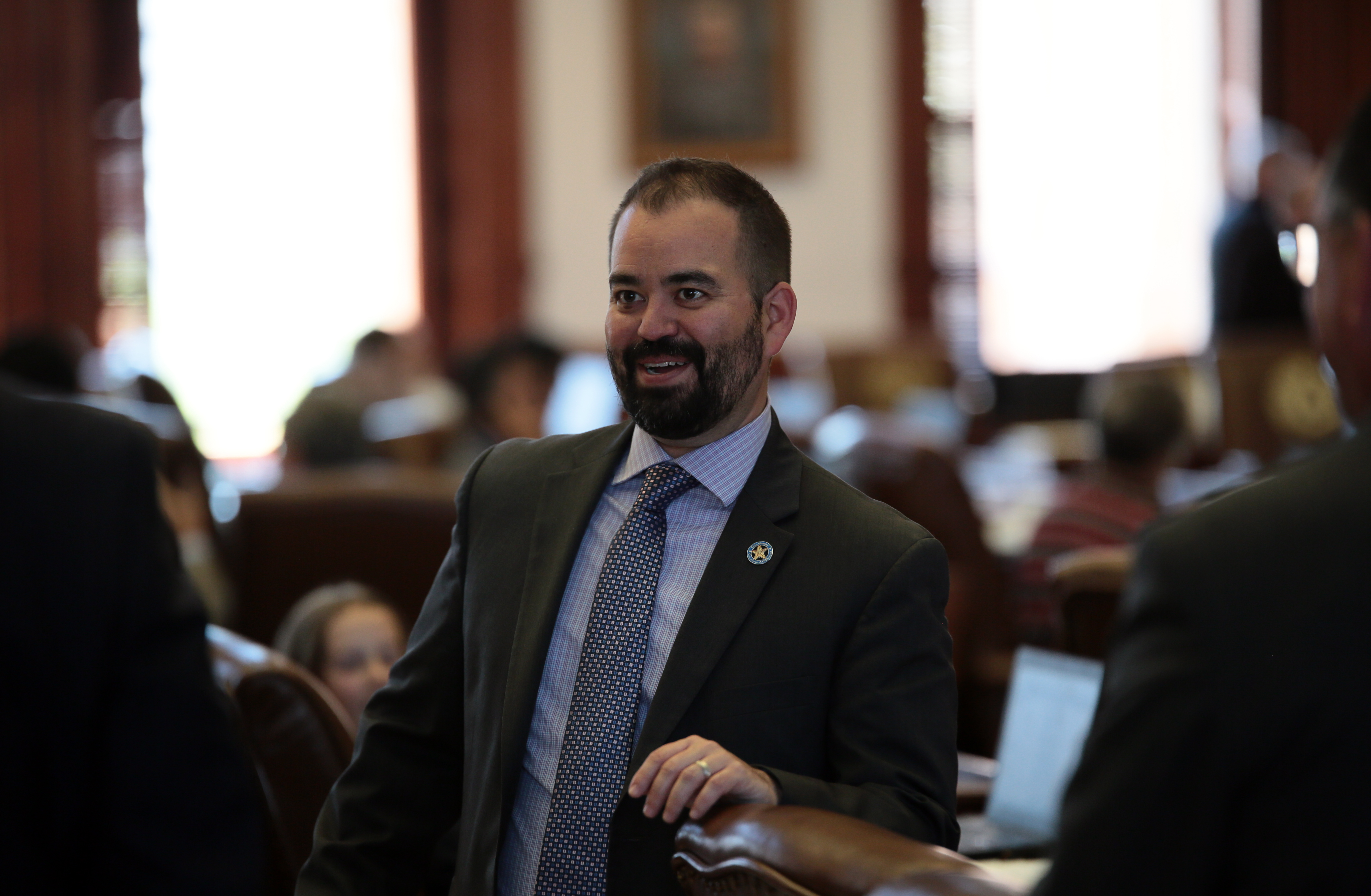Texas lawmakers like to declare themselves leaders on criminal justice reform, but this session they mostly did nothing about it. During the 86th Texas Legislature, a barrage of misinformation from police groups killed bipartisan efforts to reform Texas’ marijuana laws, which remain some of the harshest in the country. Still, there’s a silver lining to lawmakers’ failed attempts at pot reform: They may have kinda, sorta, accidentally decriminalized it across large sections of the state.
That’s because when lawmakers legalized hemp this session, they unintentionally changed the legal definition of marijuana in a way that makes possession harder to prosecute. Under the new law, which went into effect in June, cannabis with less than 0.3 percent concentration of THC, the psychoactive ingredient that gets you high, is legal hemp, while anything above that threshold is illegal marijuana. Since crime labs in the state can’t currently determine THC concentrations at the minimum threshold, the Texas District and County Attorneys Association predicted that agencies across the state would have to purchase pricey new equipment to keep charging for pot possession. “Until then, there will be no easy way to determine whether the weed your officers seized is illegal marijuana,” the association wrote in a June bulletin to its members.

In response, prosecutors in some of Texas’ largest counties began tossing petty pot possession cases. Many have said they won’t accept new ones until officials resolve the testing issue. While it’s still unclear how much time or money that will take, Texas’ GOP leaders aren’t thrilled with the new legal limbo. A July letter signed by Governor Greg Abbott, Lieutenant Governor Dan Patrick, Texas House Speaker Dennis Bonnen, and Attorney General Ken Paxton scolded prosecutors for going soft on pot. “Failing to enforce marijuana laws cannot be blamed on legislation that did not decriminalize marijuana in Texas,” they wrote.
The episode highlights the uneven patchwork of marijuana enforcement that already existed in Texas. How harshly you’re punished for pot possession depends on where you’re caught, even more so now. In Hays County, where marijuana possession has been the leading charge for years, officials have vowed to keep prosecuting low-level pot cases. Harris County, one of the jurisdictions now refusing to take possession cases, had already implemented a diversion program to keep marijuana offenders out of jail and without a criminal record.
Advocates for marijuana reform hope DAs use the testing snafu to stop prosecuting for possession indefinitely. Last year, Abbott’s own party began to advocate for decriminalization, while polling from the University of Texas and the Texas Tribune last summer showed a majority of Texas voters support full legalization. “This all just reaffirms what a growing number of Texans already realize,” said Heather Fazio, director of Texans for Responsible Marijuana Policy. “Prosecuting people for low-level marijuana isn’t a good use of resources. Nor is it worth the devastating human consequences that come with a drug conviction.”
READ MORE:
-
The High Cost of Hays County’s Decision to Keep Prosecuting Low-Level Marijuana Cases: A new law legalizing hemp prompted prosecutors across the state to drop some low-level marijuana cases. But the district attorney in Hays County won’t be deterred.
-
Texas’ New Medical Marijuana Law Doesn’t Cover Veterans Suffering from PTSD: The Legislature passed medical cannabis reform, but the debate left out people who say the drug eases their symptoms of post-traumatic stress disorder.
-
Texas Medical Marijuana Facility Honors Conservative Lawmaker with Pot Strain: Representative Stephanie Klick was honored for her work on legalizing medical marijuana for certain patients with epilepsy. But she voted against expanding the legislation for other conditions.







